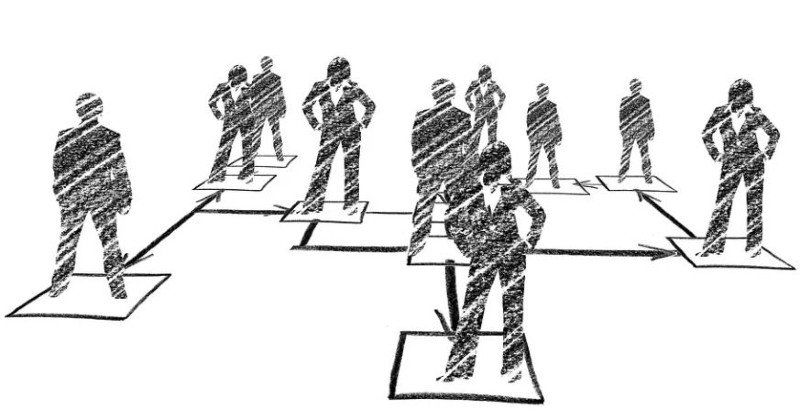Showing Appreciation in Japan
Did you know that showing appreciation can not only create a positive work environment, but can also increase your own happiness? Appreciation is important all over the world, and Japan is no exception, where it is considered very important to show appreciation to people in the workplace, to clients, and in many other situations.
Even if it is a small task that someone else is in charge of, it will eventually support you. If you can let go of the idea that it's natural for someone else to do it for you, and remember that you are only able to do your work because the people around you support you, you will naturally feel gratitude towards other members of the team.
Particularly in the Japanese workplace where everyone works together, showing appreciation will help build good relationships.
Benefits of Showing Appreciation
Expressing gratitude has the following benefits:
1. Motivates Teams
Showing appreciation has been proven to boost motivation among team members. Even if you routinely ask someone to do a job for you in order to proceed with a project, you can motivate your team members by expressing your gratitude each time. By repeating this, you will naturally create a positive atmosphere in the entire workplace.


2. Mental and Physical Health
The act of showing appreciation has a positive effect on your own mental and physical health. Having a sense of appreciation is directly related to your own mental and physical health. Since you will have more positive feelings every day, your relationships will inevitably improve and your stress will decrease. The quality of your sleep will also improve, resulting in a higher level of happiness and better mental and physical health.
How to Show Appreciation
There are many ways to express gratitude in the workplace. Here are a couple...
1. A casual "Thank you"
When someone does something for you, even if it is a small thing, say "thank you". If you can't meet the person you want to thank in person, you can express your gratitude in a casual manner by using an internal communication tool. In addition to saying "thank you," it is recommended to add a few words such as, "You did a good job of summarizing the material, which was very helpful."


2. Express your gratitude in front of others
You can also express your gratitude by mentioning that someone helped you with a job in a tool that can be viewed by all employees, such as an internal reporting tool, or by casually saying "I appreciate your support" at a meeting. This will not only motivate the other person, but it will also have a positive impact on you, making it easier for you to receive support from others and succeed in business.
Having a sense of appreciation for the people around you will not only create a positive work atmosphere, it will also have a positive effect on your own physical and mental health. It can be said that people who are successful in business always express their gratitude. If you are facing challenges in your workplace, why not try to make a conscious effort to show appreciation?









